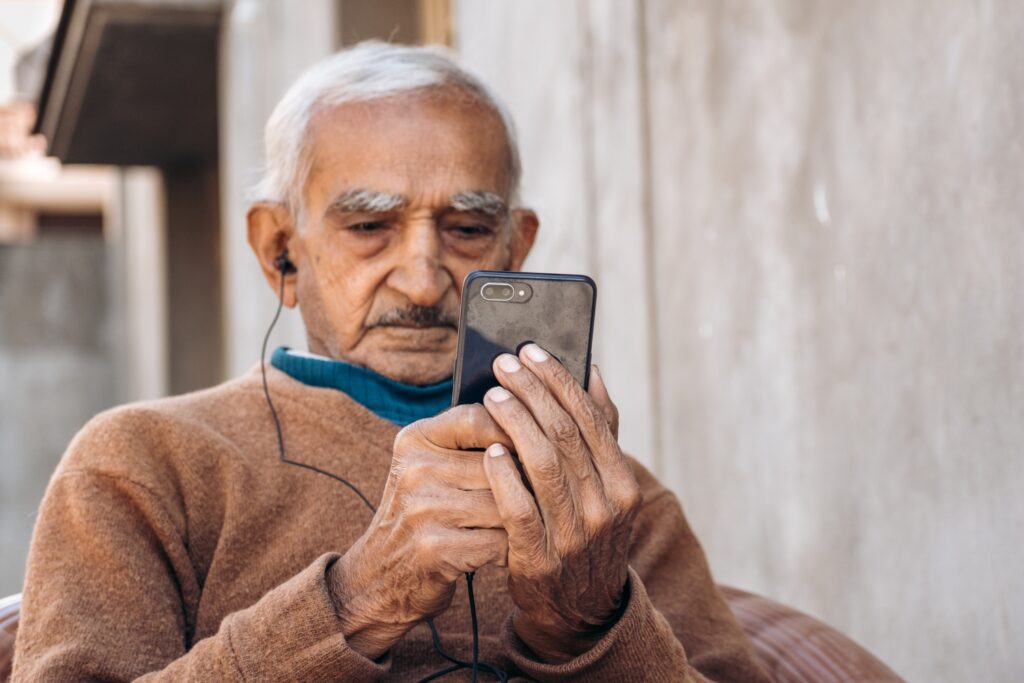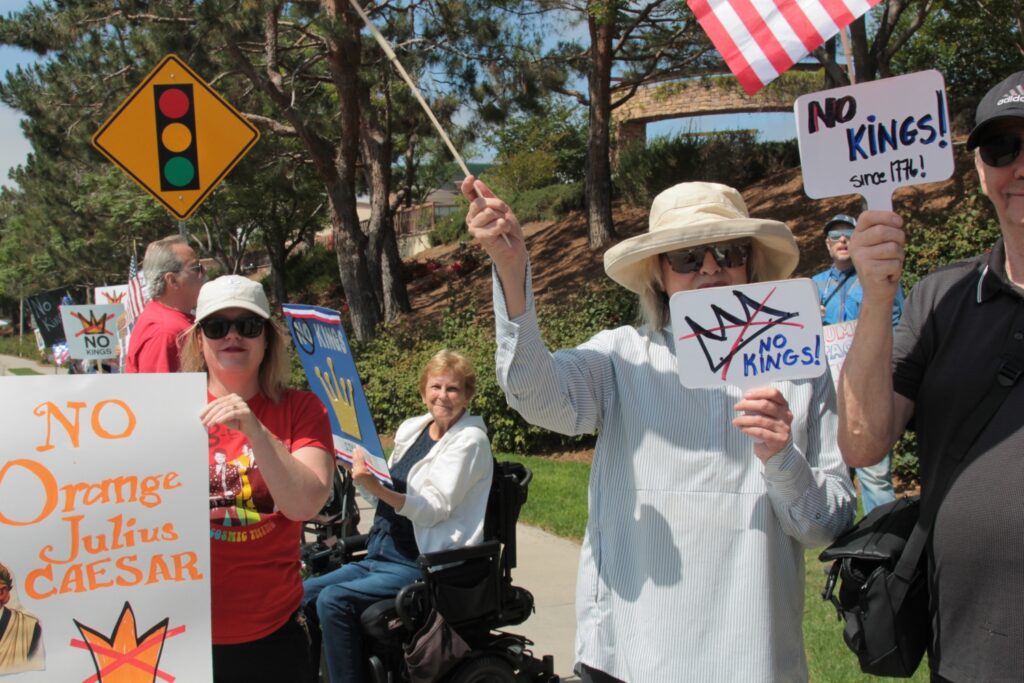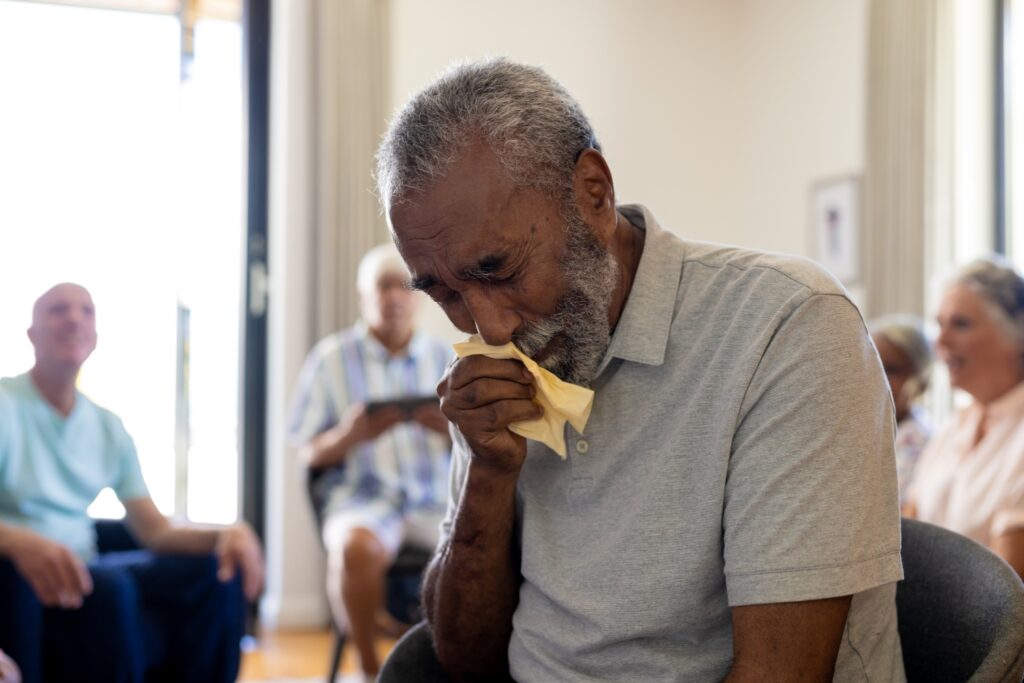My father damaged his car while trying to back out of a parking space; he was in “drive” rather than “reverse.” His confusion over what happened prompted a visit to the doctor. Unable to draw the arms and numbers of a clock at a specific time as part of the Mini-Cog screening, he was given more tests, a referral to a neurologist and an MRI. Several months after his accident, my dad was diagnosed with Alzheimer’s disease.
As we learned more about the disease, my family realized that his symptoms had likely begun several years earlier. I was living away from home during these years and wondered why his condition had not been diagnosed sooner.
Late or Lack of Diagnoses Delay Help
Conversations with many people who have lost a loved one to dementia relay a similar experience—they had received a diagnosis well after symptoms had emerged. Dementia is often underdiagnosed or diagnosed in later stages. It is estimated that as many as 50 percent of adults with dementia are never diagnosed.
One key reason for inadequate detection is a mismatch in expectations between patients and providers. One Alzheimer’s Association survey revealed that 82 percent of older adults believe it is important to have their memory and thinking checked, while only 16 percent report actually having done so.
Of note, 93 percent of older adults say they trust their doctor to recommend testing for memory and thinking problems, but fewer than half of primary care physicians say it is their standard protocol to do so.
A lack of training is another issue. Only 78 percent of primary care physicians report having any training in dementia diagnoses and care. Among this group, 65 percent said the amount was “very little.”
How can these gaps in early detection and diagnosis of dementia be addressed? The Milken Institute’s Alliance to Improve Dementia Care recently released a report, Building Workforce Capacity to Improve Detection and Diagnosis of Dementia, which recommends increasing use of widely recognized training materials, toolkits and workflow protocols to make cognitive screening a routine part of any primary care visit for people ages 65 and older.
This includes requiring a structured cognitive assessment as part of the Medicare Annual Wellness Visit (AWV), which is supposed to include cognitive screenings but offers vague guidance on how to go about it. Fewer than one-third of Medicare beneficiaries report being given a structured cognitive assessment during the AWV.
Cognitive screening should be a routine part of any primary care visit for people ages 65 and older.
The Mini-Cog and other cognitive screening tools (e.g., SLUMS and MoCA) generally can be administered in three to ten minutes, by nurses, nurse practitioners, physician assistants and medical assistants. Through task shifting, these members of the clinical team can help alleviate physicians’ time constraints and administer the clinical assessments highlighted in the KAER Toolkit for Primary Care Teams and the CAPC Toolkit from the Gerontological Society of America and the Center to Advance Palliative Care, respectively.
Technology advancements offer opportunities to scale earlier detection and diagnosis. Consumers in Japan are able to assess their cognition using a digital tool, while a recently FDA-cleared portable medical device allows individuals to self-administer a cognitive evaluation in 10 minutes and use the results to discuss brain health with their doctor. Several types of biomarker tests in development—ranging from blood or skin tests to retinal scan imaging to digital or voice analysis—hold the promise of making diagnosis of dementia more reliable, affordable and less invasive.
The report also recommends that specialists (e.g., cardiologists, OB/GYNs) and staff at other healthcare entry points (e.g., geriatric emergency departments, community health clinics) conduct cognitive screens to further the reach beyond general physicians.
Barriers to Dementia Testing Include Stigma
Stigma around dementia, which is associated with the loss of independence and flawed assumptions about a person’s mental and functional abilities, is another barrier to earlier detection and diagnosis. Doctors may be reluctant to diagnose dementia, while older adults may not report issues with memory for fear of the cascading effects of a diagnosis, such as job loss or an inability to continue driving.
Raising awareness of the benefits to early detection and diagnosis and creating consumer demand for and expectation of routine cognitive assessment can go a long way to overcoming misperceptions about dementia.
It’s time to talk about brain health as openly as we talk about our heart, colon and breasts. Blood pressure readings, colonoscopies and annual mammograms are routinely accepted preventive screenings. Asking for and conducting routine cognitive assessments can provide a baseline to help ascertain if brain health has changed.
And it can help individuals who may test positive for cognitive impairment to be tested for reversible causes (e.g., thyroid or vitamin B12 deficiency), or to receive a dementia diagnosis and take steps to manage symptoms and communicate future care preferences to their loved ones.
Earlier detection and diagnosis also can save families like mine from the guilt and heartache in realizing we missed the symptoms or simply did not know the difference between normal aging and probable dementia.
Diane Ty, MBA/MA, is director of the Alliance to Improve Dementia Care at the Milken Institute Center for the Future of Aging, in Washington, DC.












